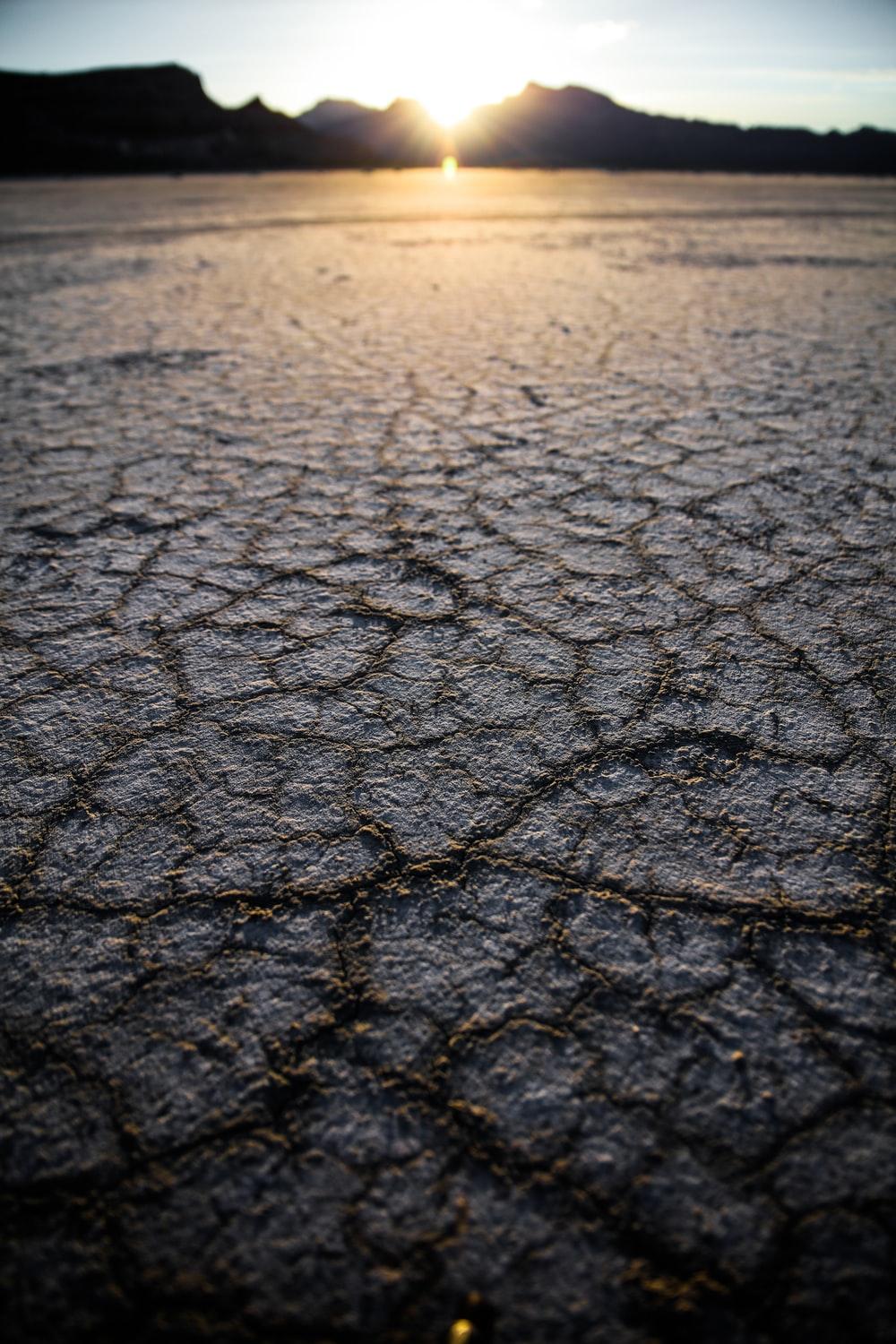
Photo by Patrick Hendry on Unsplash
Many countries across the world are currently suffering the effects of climate change. Malawi is no different. As a predominantly agricultural-based economy, Malawi is especially prone to the negative effects of climate change.
The climate change Malawi has been dealing with for over 40 years has been a devastating experience for a population that lives primarily off the land. A number of factors have contributed to this.
Deforestation
The biggest problem in Malawi is the current high levels of deforestation. It’s estimated that about 33 000 hectares of trees are lost to deforestation every year. This is as a result of land needed for agricultural expansion, but it’s having a negative effect on ecological cycles. Losses of trees and other vegetation encourage climate change which in turn leads to flooding and droughts.
Soil Erosion
Deforestation and continued flooding leads to soil erosion. This not only creates a loss of fertile land, but causes sedimentation in rivers. It also affects the amount of drinking water available. Rural areas rely on water from rivers and streams to sustain themselves as there is no infrastructure providing water from reservoirs.
Unpredictable Weather Patterns
Soaring temperatures and erratic rainfall patterns have caused the most damage. Extended dry periods make it almost impossible to grow crops. These harsh dry temperatures are then followed by severe, long lasting floods that in turn cause further destruction of the crops that have managed to survive the drought.
Threatened Food Supply
Malawi is a country that’s predominately rural. About 84% of the nation’s population are farmers. The loss of crops to droughts and floods has forced most households into a state of poverty. With no sustainable crops to grow, it also becomes impossible to sustain enough crops for export. An estimated 2.8 million people face food insecurity as domestic prices increase due to the basic crop shortage.
Development Efforts
The agricultural sector isn’t the only sector struggling as a result of the continued rains. Floods have a devastating effect on education, sanitation and development to name a few. Floods and droughts are the result of approximately 1.7% loss of Malawi’s GDP every year.
Gender Crisis
As a result of cultural frameworks, women are most likely to suffer the damaging effects of climate change. Pre-determined gender roles mean that more than 70% of women make up the rural workforce and are solely responsible for providing for their families. Women also have the least access to the resources needed to sustain their farms. They often have to walk far distances to fetch much needed water or firewood.
In Conclusion—The Way Forward
There is no easy solution to fix the effects climate change have had on Malawi but the government, together with several NPO’s, are committed to reducing deforestation on a large scale. Habitat rebuilding efforts have led to better management of approximately 92 500 acres of land. While this may not resolve everything at once, it’s a step in the right direction. Hopefully the future brings good news for this beautiful country.